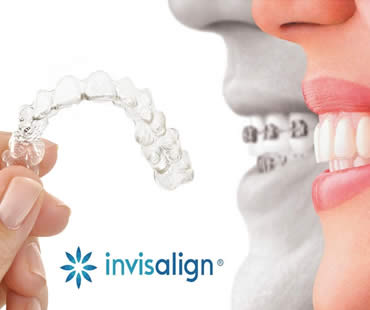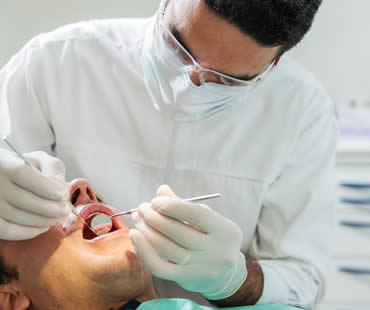Most people have things about their smiles they’d like to fix. Maybe the things are minor or perhaps they are major, but most of them can be addressed with some form of cosmetic dentistry. You may have been unhappy for a while with the smile you see in the mirror, but just haven’t felt the necessary impetus to schedule an appointment with a cosmetic dentist.
To get that jump start toward your dental treatment, look ahead in your life. Maybe you have a class reunion coming up, or maybe a friend’s wedding. Perhaps there’s a job interview, first date or anniversary approaching. These special occasions are all excellent reasons to turn to cosmetic dentistry treatments. Here are some of the most common procedures that could be used to transform your smile.
- Teeth whitening – perhaps the most popular and common cosmetic dentistry procedure, it utilizes light-activated bleaching chemicals that can lighten natural teeth and remove stains and discoloration.
- Dental veneers – very thin, wafer-shaped shells crafted out of porcelain or another material that are bonded onto the natural surface of the tooth. Sometimes a thin layer of the natural tooth enamel must be removed in order to accommodate the application of the veneer.
- Dental bonding – composite resin mixed to match the color of your tooth and then molded by hand onto the tooth’s surface to create the illusion of a complete natural tooth.
- Dental crowns – restorative dental therapy that protects and preserves a natural tooth that has had a root canal treatment.
- Enameloplasty – the correction of malformations of a natural tooth through hand-shaping. This is also the name for the removal of the tooth’s surface required for most types of dental veneers.
All of these cosmetic treatments will transform your smile for that special occasion. Get the bright, straight, white smile you want people to remember with the help of a little cosmetic dentistry.
If you live in the Weymouth area contact us today









